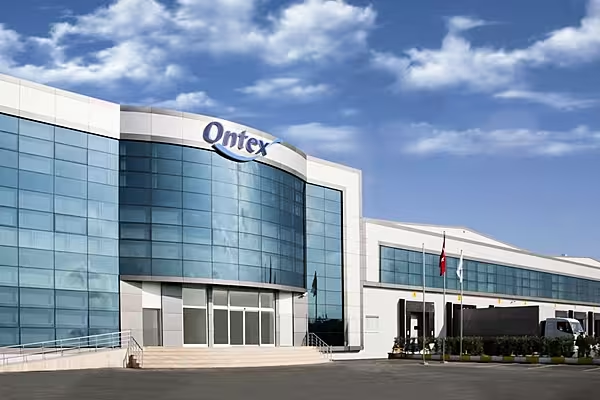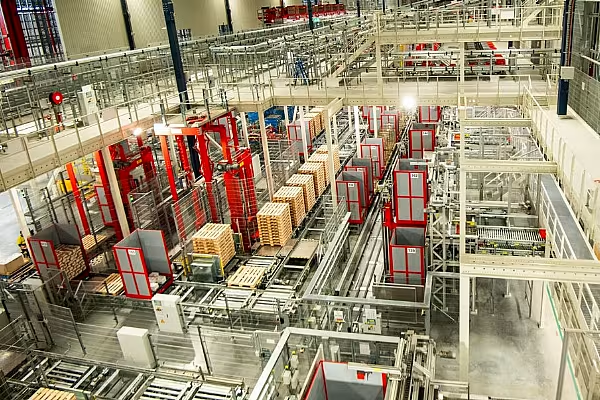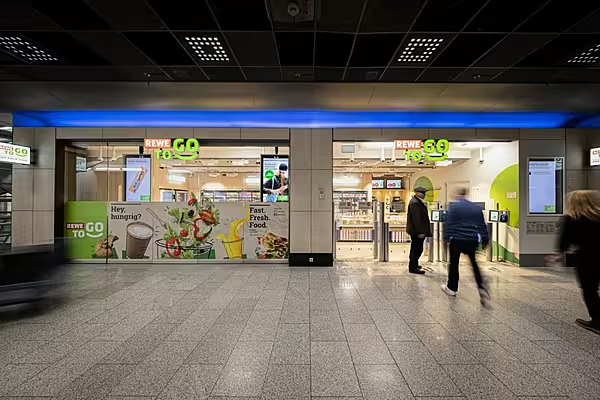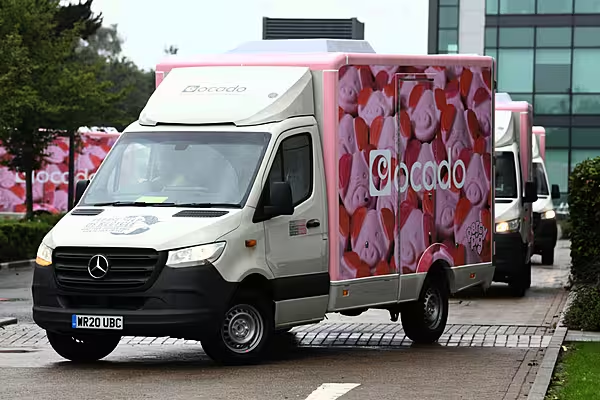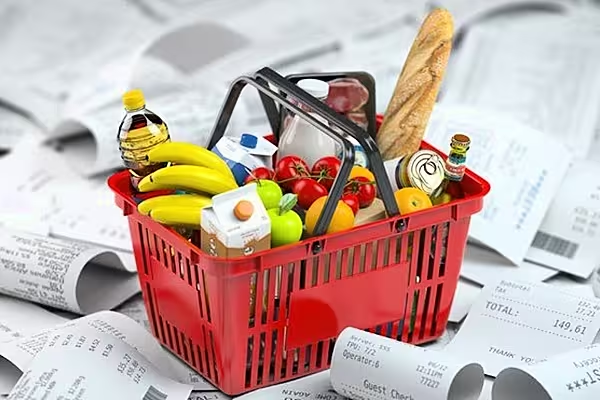In the highly competitive grocery retail sector, balancing the reduction of energy costs with maintaining high product quality is a significant challenge. Revolutionized's Emily Newton reports.
Energy efficiency is crucial for reducing operational expenses, meeting sustainability goals, and complying with regulatory requirements.
Grocers must implement energy-saving measures without compromising their products’ freshness and safety. Advanced technologies—such as modern refrigeration systems and smart energy management solutions—are vital in achieving this balance.
By optimising energy use, grocers can enhance their competitive edge while maintaining the quality standards their customers expect.
Energy Consumption Trends in Grocery Retail
Grocery stores typically consume significant energy, with critical areas including refrigeration, lighting, and HVAC systems. Refrigeration alone often accounts for the largest share of energy use, as it is essential for keeping perishable items fresh.
Lighting also demands substantial energy, especially in stores operating for extended hours. HVAC systems maintain a comfortable shopping atmosphere, adding to the overall energy consumption.
In industrialised countries, supermarkets are responsible for approximately 3% of any particular country's total electricity production, highlighting this sector's substantial energy footprint. Understanding and optimising these areas of energy usage is crucial for grocers aiming to reduce costs and improve sustainability.
Innovative Energy-Saving Technologies
Advanced refrigeration technologies—such as CO2 refrigeration systems and variable speed compressors—are revolutionising energy efficiency in grocery stores. CO2 systems offer an environmentally friendly alternative that reduces greenhouse gas emissions while maintaining optimal cooling.
Meanwhile, variable-speed compressors adjust their speed based on cooling demand, significantly lowering energy consumption.
Additionally, oil-free compressors eliminate the need for constant oil refills, reducing maintenance costs and improving efficiency by operating with greater force and less energy. These technologies empower grocery retailers to substantially reduce energy consumption without compromising operational quality.
Renewable Energy Sources
Installing solar panels on store rooftops or parking lots offers grocery stores numerous benefits, including significant reductions in energy costs and carbon footprint.
Experts regard renewable energies like solar and wind as the cheapest, cleanest, and most abundant power sources available today. By harnessing solar energy, grocery stores can generate a substantial portion of their electricity needs on-site, reducing reliance on the grid and mitigating exposure to fluctuating energy prices.
Additionally, using wind energy and other renewable sources can enhance sustainability efforts and provide a continuous clean power supply.
These renewable energy solutions promote environmental stewardship while improving a store's bottom line by lowering operational costs over the long term.
Energy Management Systems and Data Analytics
Real-time energy monitoring and management systems are essential for grocery stores aiming to optimise energy use and reduce costs. These systems provide continuous insights into energy consumption, enabling store managers to promptly identify inefficiencies and implement corrective measures.
Data analytics are pivotal in uncovering energy-saving opportunities by using detailed consumption data to highlight patterns and areas for improvement.
Similarly, machine learning models—such as long short-term models—enhance the accuracy of energy forecasts and reduce error margins, allowing for more precise energy management.
These advanced systems enable grocery retailers to achieve substantial energy savings while maintaining operational efficiency.
Strategies to Maintain Quality
Supermarkets can implement several effective strategies to ensure product quality while reducing energy costs. These best practices help maintain high standards and customer satisfaction:
- Regular maintenance and upgrades: Ensure all refrigeration and HVAC systems are regularly serviced and updated to the latest energy-efficient models to prevent malfunctions and maintain consistent temperatures.
- Temperature monitoring systems: Use advanced temperature monitoring systems that provide real-time alerts for deviations, allowing quick corrective actions to prevent spoilage.
- Proper product rotation: Implement strict inventory rotation practices to ensure older products are sold first, reducing waste and maintaining freshness.
- Employee training: Train staff on maintaining optimal storage conditions and energy-saving practices to prevent unintentional quality issues.
- Insulated display cases: Use well-insulated display cases and doors to minimise temperature fluctuations and energy loss, ensuring products stay fresh longer.
- Efficient stocking practices: Avoid overstocking refrigerated sections, as overcrowding can obstruct airflow and lead to uneven cooling, affecting product quality.
- By adopting these strategies, grocery retailers can successfully balance energy efficiency with the need to maintain high product quality.
ROI For Energy Efficiency Measures
Implementing energy-efficient technologies in grocery stores involves an initial investment, but the financial benefits over time are substantial. Utilising residual energy—such as capturing and repurposing waste heat from refrigeration systems—often has a four-year payback period. During this period, grocery retailers can achieve up to 70% in energy cost savings.
Moreover, energy improvements—including advanced refrigeration systems, LED lighting, and smart HVAC solutions—further enhance these savings. While the upfront costs might seem significant, the long-term financial benefits far outweigh the initial outlay.
The continuous reduction in energy expenses improves the bottom line and contributes to more sustainable operations. These benefits make the investment in energy-efficient technologies a financially sound decision for grocery retailers.
Feasibility and Benefits of Energy Cost Reduction
Adopting advanced technologies and best practices makes it feasible for grocery retailers to reduce energy costs without sacrificing product quality. The benefits include significant cost savings, enhanced sustainability, and the maintenance of high product quality standards.
With strategic investments in energy-efficient solutions, grocery stores can achieve a competitive advantage while supporting environmental goals.

